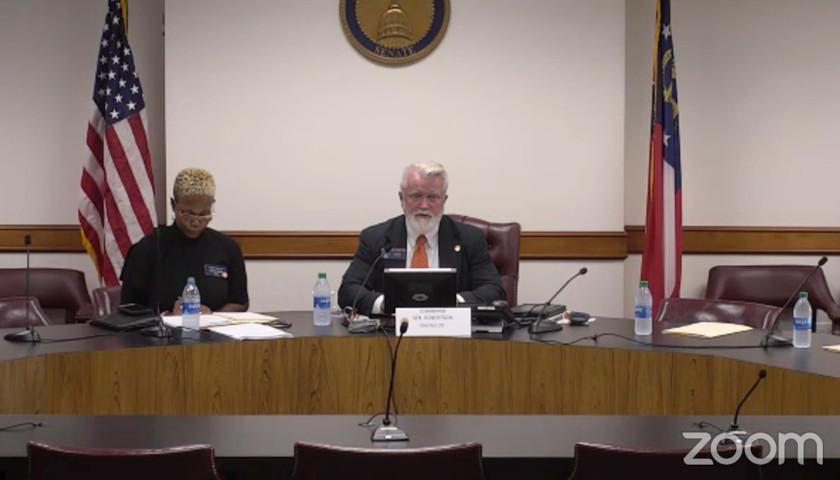Sens. Rob Portman (R-OH) and Sherrod Brown (D-OH) have introduced a bipartisan bill aimed at giving Ohio workers and retirees a seat at the table when it comes to solving the nation’s looming pension crisis. As The Ohio Star previously reported, an estimated six million retirees and four million workers in the United States rely on multi-employer pension plans, called “MEPPs” for short, which are collectively bargained plans maintained by more than one employer to limit risk. A report conduct by Matrix Global Advisors CEO Alex Brill and sponsored by Protect Our Workers’ Earned Retirement (POWER) predicts that the Pension Benefit Guarantee Program—the federal backstop for MEPPs—is itself expected to “be insolvent in less than a decade.” The Central States Pension Fund, one of the largest MEPPs in the country, will also be insolvent by 2025, according to the report. “Even after legislative fixes to improve plans’ financial status in 2006 and 2014, one-third of the 10 million participants are in plans that are headed toward either a funding deficiency or insolvency. More than 1 million people are in plans expected to be insolvent within 20 years,” Brill states in his report. This could have a devastating effect on the…
Read the full story







